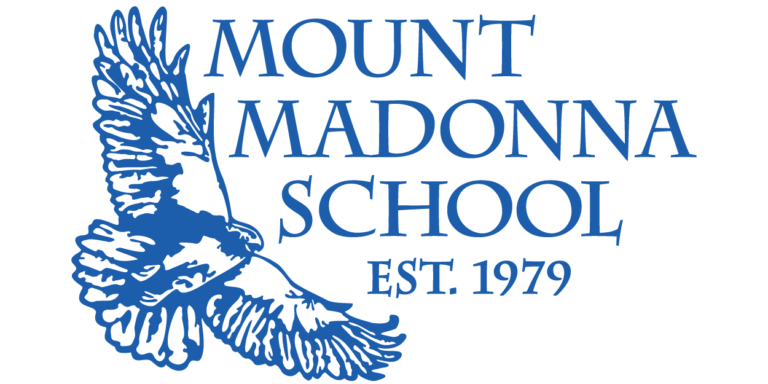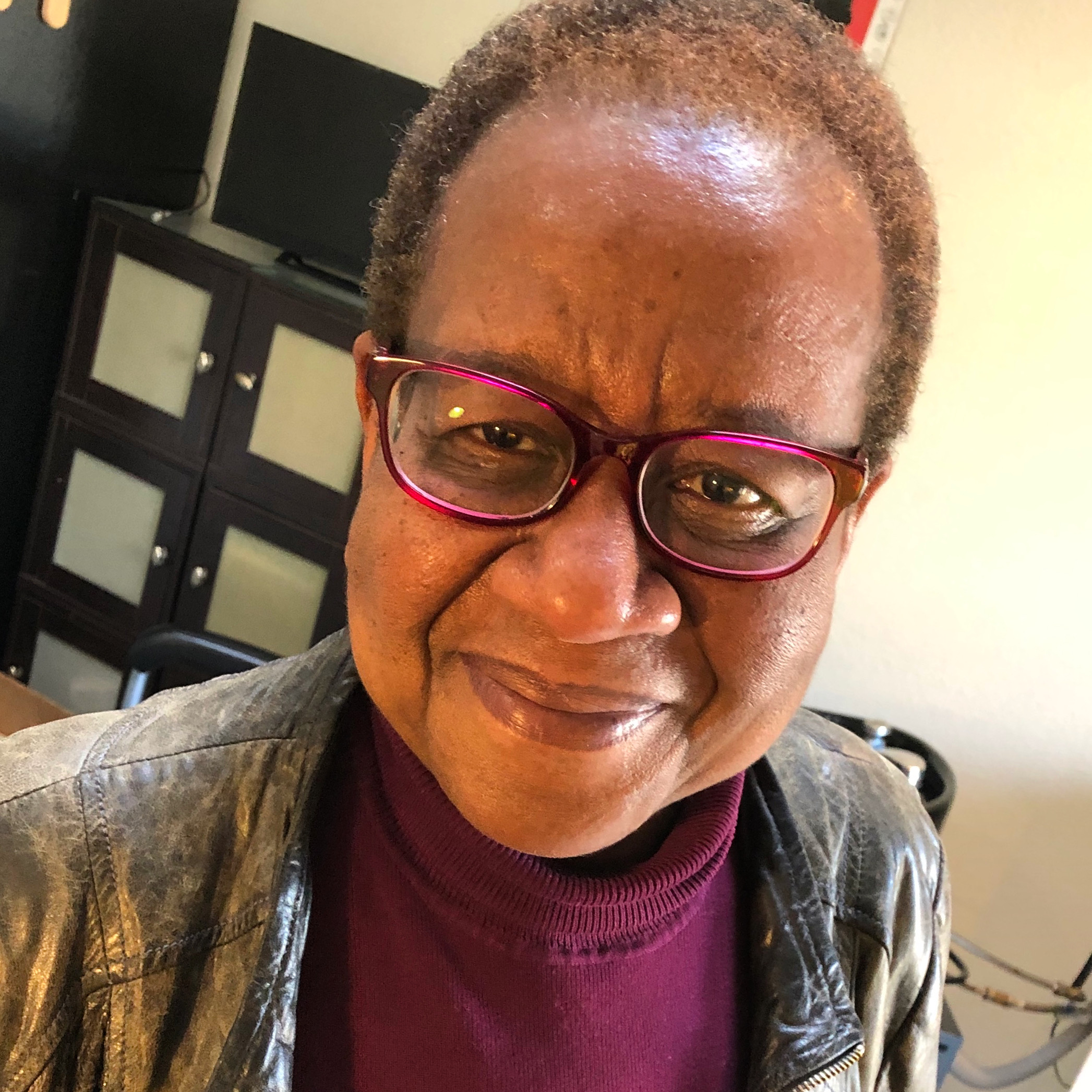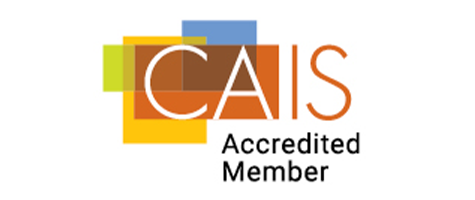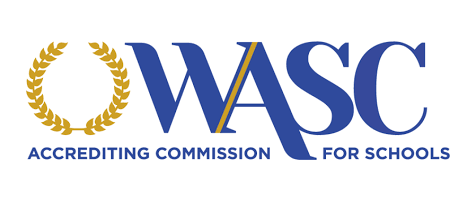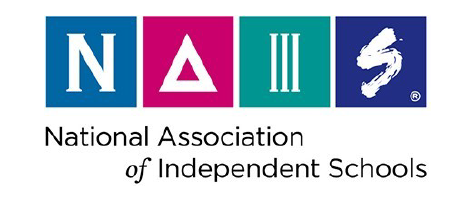By Director of Upper School Shannon Kelly (’92)
On November 11, the staff and faculty of Mount Madonna School (MMS) gathered via Zoom to take part in a workshop entitled, “Building on Cultural Assets and Strengths: One Step to Developing an Anti-Racist and Inclusive Climate.” The session was a follow-up to an earlier training in September with Enid Lee. Enid is an anti-racist professional development specialist, leadership coach and writer. She consults internationally on equitable education. Enid has been doing anti-racism work with educators for over 40 years. You can learn more about Enid Lee here.
At the beginning of the workshop, Enid asked us to think about the ways in which COVID-19 is exposing issues of inequity in the workplace. This community exploration created an open dialogue and highlighted the many ways that inequity shows up, and why it is so important to consult and engage diverse perspectives when making decisions. By grounding the conversation in an immediate, highly visible, and universal issue, such as COVID, Enid illustrated how inequity is present in so many aspects of our lives, and how proactive we need to be to combat it. As a result of this conversation, we made the decision to survey faculty and staff and include their feedback when crafting our policy on inclement weather. While this may seem like a small thing, it shows how inviting more voices into the conversation can enrich and expand one’s thinking and ability to navigate and solve problems.
During the course of the workshop, Enid Lee stated that there are three main aspects of anti-racism work:
- Name racism (Enid shared Camara Phyllis Jones’s assertion that racism is a system of structuring opportunity and assigning value based on the social interpretation of how one looks, which is what we call race, which unfairly disadvantages some individuals and communities and unfairly advantages other individuals and communities. Racism saps the strength of the whole society through the waste of human resources.)
- Ask how racism is operating in the environments you are a part of
- Organize and strive to dismantle racism
The work of dismantling racism is constant and requires us all to work on a daily basis to address these points. Science teacher Lisa Catterall shared, “Thanks to these sessions with Enid Lee, I feel more empowered than ever to highlight the work of BIPOC [black, indigenous and people of color] engineers, scientists, and mathematicians in my curriculum across the grades, and I feel more comfortable speaking up when I notice areas where we can improve in representation and equity.”
When sharing her thoughts about our time with Enid, history teacher Chrislaine Miller reflected, “I personally feel this is an important moment to foster these conversations in the workplace, especially in light of the recent Executive order by the President (from 9/22/2020) that states that diversity programs have “no place in programs and activities supported by Federal taxpayer dollars.” This executive order sets up the structures for enforcement through hotlines where anyone can make a complaint about their employer if they discuss the very topics that we have had a chance to cover in our staff development days. While this order harkens back to dark times in American history, I think we as a school community must consider how important diversity education is in this moment. Enid’s approach (carefully listening to our ideas and feedback and providing a range of alternatives for sharing) gives all of us who were present a chance to think critically about how our school functions for everybody.”
One concept Enid introduced that was a powerful tool throughout both workshops, was the idea of the open/closed sign. She asked us to think of the ways that we can, individually and institutionally, make equity-focused decisions and, to explore the ways that we may unintentionally be leaving people out of the conversation. This work is reflected in things such as how and who we hire, who we include in the decision-making process, and how we frame the admission and financial aid process.
For the November 11 session Enid expanded on the open/closed sign idea by sharing a powerful TED talk by Camara Phyllis Jones, Allegories on Race and Racism. These allegories gave us a shared language and understanding of race and racism, and, for me, a way to measure the equity and inclusion work we are doing at Mount Madonna School.
Enid’s three main aspects of anti-racism work, coupled with Camara Jones’s allegories, created a powerful framework for the workshop and empowered faculty and staff to engage in this important work. Dean of Students Bob Caplan stated, “I am inspired by Enid Lee’s ‘hidden assets’ teaching, which encourages us to take an even deeper look at the students’ strengths, values and interests as a window into ways to connect with and empower their learning.”
These workshops are one of many initiatives that Mount Madonna School is taking to foster a more inclusive and equitable environment for all our stakeholders. In June, we formed an equity and inclusion committee made up of faculty, staff, administration, parent, board and alumni voices. The group includes Masina Hunnicutt, Jill Kayne, Chrislaine Miller, Christie Orozco, Jennifer Astone, AnMei Dasbach-Prisk (‘20), Gitanjali Hemp, and myself. The committee has been meeting weekly and exploring issues of equity and inclusion. Earlier this month, the Mount Madonna School Board of Directors approved the committee’s proposed updated school values statements. They can be found on the Mount Madonna School website. The group continues to work on crafting an equity and inclusion statement and other initiatives, such as a land acknowledgment. Please be on the lookout for more information regarding the committee’s work.
In reflecting on the workshop, committee member Christie Orozco, who is also an MMS parent and staff member, referenced the school’s in-process equity and inclusion statement, saying, “Mount Madonna School is a community that celebrates and honors every unique individual and the multifaceted experiences that they bring to the school. We believe that embracing our diversity leads to social/emotional and academic excellence.”
